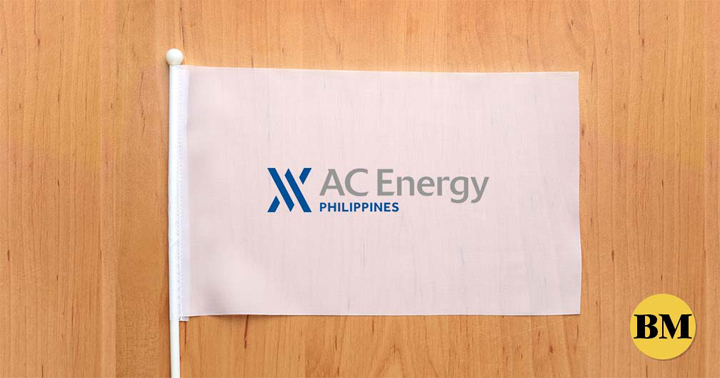AC Energy Corp. (ACEN) and global climate solutions provider South Pole will closely work together in the next 12 months to achieve net zero greenhouse gas emissions by 2050.
Both will develop a detailed greenhouse gas footprint that includes all relevant Scope 3 emissions from the value chain, which is considered net zero best practice; and assess potential emission reduction activities and strategies to help ACEN prioritize and budget for these interventions across its core business units, ensuring practical steps are taken to reduce emissions as quickly as possible.
They will also establish interim targets aligned with a science-based 1.5°C pathway across the core business units to ensure ACEN has robust and measurable milestones along its journey to net zero by 2050.
“Being at the forefront of the energy transition goes hand in hand with our commitment to Net Zero,” said Eric Francia, President and CEO of ACEN. “We will work closely with the Ayala group and continue to collaborate with our stakeholders as we carry out this important journey.”
Last week, Ayala Corp. Chairman Fernando Zobel de Ayala announced the conglomerate’s commitment to achieve net zero greenhouse gas emissions by 2050.
“We are aligning ourselves with the global movement for climate action as our way to help secure our country’s future from the threats brought by climate change. We believe that we have the capabilities and collective will to make this happen,” Zobel said.
For ACEN’s part, it vowed to transition its generation portfolio to 100 percent renewable energy by 2025. It will also use the Energy Transition Mechanism (ETM) for the early retirement of its remaining coal plant, South Luzon Thermal Energy Corp. (SLTEC) by 2040, 15 years ahead of its technical life.
The ETM is an innovative funding mechanism that leverages low-cost and long-term funding geared towards early coal retirement and reinvestment of proceeds to enable renewable energy.
BPI Capital Corp. will be the lead arranger for the ETM for SLTEC.
An option for the 270-megawatt (MW) coal plant of SLTEC, said Francia, includes the possibility of maintaining to operate the plant even if it is sold.
“An asset divestment does not necessarily translate to a separation or termination of the operation and maintenance (O&M) arrangement. We have to make sure that in whatever transaction we enter into entails ensuring O&M to the highest standard, whether that’s us or new investors,” Francia said.
ACEN said it has been working with many different initiatives, such as the Council for Inclusive Capitalism Just Energy Transition in collaboration with the Boston Consulting Group, global energy and energy-intensive companies, academic, investor, civil, and social representatives CalPERS, Grantham Research Institute, Inclusive Capital Partners, International Trade Union Confederation, State Street, and the UN Special Envoy for Climate Action and Finance.
The company is also a signatory to the Taskforce on Climate-related Financial Disclosures and is currently implementing the 11 recommended disclosures.
For governance, ACEN management has recently set up a board-level sustainability committee.
The company has successfully rolled out its Environmental and Sustainability Policy in 2020, integrating sustainability in the decision-making on strategy, capital allocation, business development, product development, and operations.
ACEN has 2,600 MW of attributable capacity in the Philippines, Vietnam, Indonesia, India and Australia. The company’s renewable share of capacity is at 80 percent, among the highest in the region.
It aims to be the largest listed renewables platform in Southeast Asia, with a goal of reaching 5,000 MW of renewables capacity by 2025.




